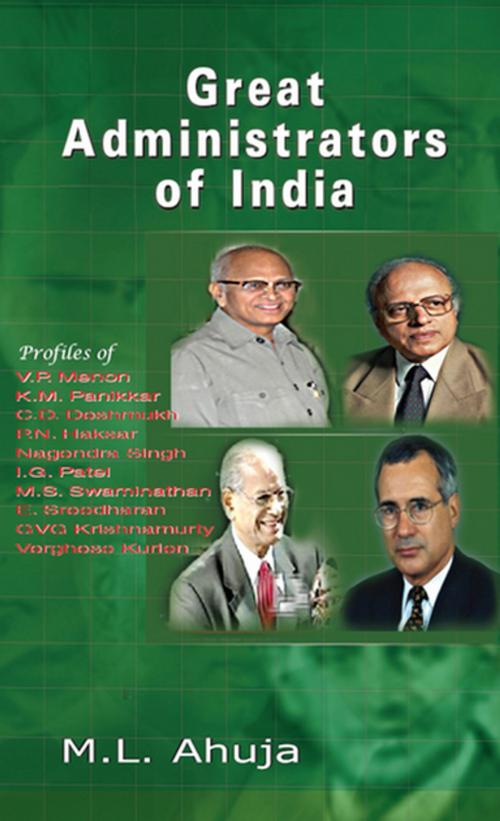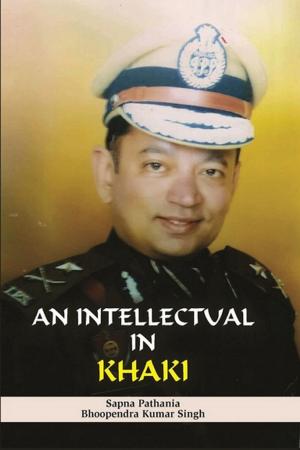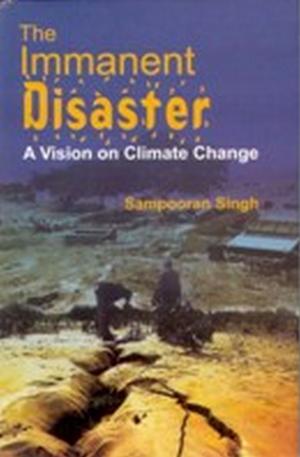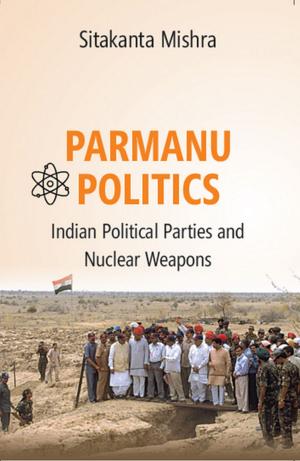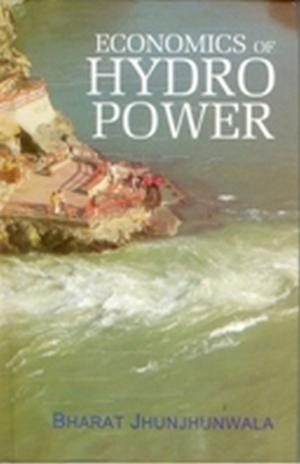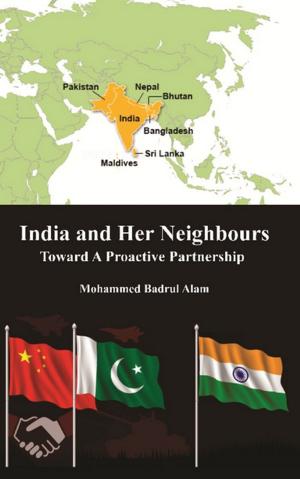| Author: | M.L. Ahuja | ISBN: | 9789351288145 |
| Publisher: | Kalpaz Publications | Publication: | June 30, 2009 |
| Imprint: | Kalpaz Publications | Language: | English |
| Author: | M.L. Ahuja |
| ISBN: | 9789351288145 |
| Publisher: | Kalpaz Publications |
| Publication: | June 30, 2009 |
| Imprint: | Kalpaz Publications |
| Language: | English |
In democracy, the responsibility for delivering good government rests on the performance of the executive, yet the bureaucracy plays a significant part in its success. Though the bureaucracy is required to function under political direction, but their knowledge and erudition certainly facilitate success in administrators of India, contains the profiles of ten successfully administrators who made a niche in different fields of their endeavours. They are not biographical essays in the conventional sense. The emphasis is on highlighting the contributions of personalities chosen. Of these: • V.P. Menon successfully brought the unification of 565 princely states in the Union of India. • K.M. Panikkar had been an eminent writer in Malayalam and English, a successful administrator, diplomat and educationist. • C.D. Deshmukh, the first Indian to be appointed Governor of the Reserve Bank of India by the British Raj, was an economist. • P.N. Haksar was one of the key policy makers who contributed greatly in the successful prime ministership of Indira Gandhi. • Nagendra Singh was a many-splendoured personality – a prince, who was a jurist, civil servant, author, international diplomat, and defender of human rights. • I.G. Patel had been an economist, technocrat, civil servant, university administrator, and fourteenth Governor of the Reserve Bank of India. • M.S. Swaminathan is the Father of Green Revolutions in Asia. • GVG Krishnamurthy, the former Election Commissioner of India, is a unique, enigmatic and versatile successful administrator. • Verghese Kurien is known as Milkman of India who has ushered in White Revolution. • E. Sreedharan is known for meticulous planning and execution of Delhi Metro system.
In democracy, the responsibility for delivering good government rests on the performance of the executive, yet the bureaucracy plays a significant part in its success. Though the bureaucracy is required to function under political direction, but their knowledge and erudition certainly facilitate success in administrators of India, contains the profiles of ten successfully administrators who made a niche in different fields of their endeavours. They are not biographical essays in the conventional sense. The emphasis is on highlighting the contributions of personalities chosen. Of these: • V.P. Menon successfully brought the unification of 565 princely states in the Union of India. • K.M. Panikkar had been an eminent writer in Malayalam and English, a successful administrator, diplomat and educationist. • C.D. Deshmukh, the first Indian to be appointed Governor of the Reserve Bank of India by the British Raj, was an economist. • P.N. Haksar was one of the key policy makers who contributed greatly in the successful prime ministership of Indira Gandhi. • Nagendra Singh was a many-splendoured personality – a prince, who was a jurist, civil servant, author, international diplomat, and defender of human rights. • I.G. Patel had been an economist, technocrat, civil servant, university administrator, and fourteenth Governor of the Reserve Bank of India. • M.S. Swaminathan is the Father of Green Revolutions in Asia. • GVG Krishnamurthy, the former Election Commissioner of India, is a unique, enigmatic and versatile successful administrator. • Verghese Kurien is known as Milkman of India who has ushered in White Revolution. • E. Sreedharan is known for meticulous planning and execution of Delhi Metro system.
